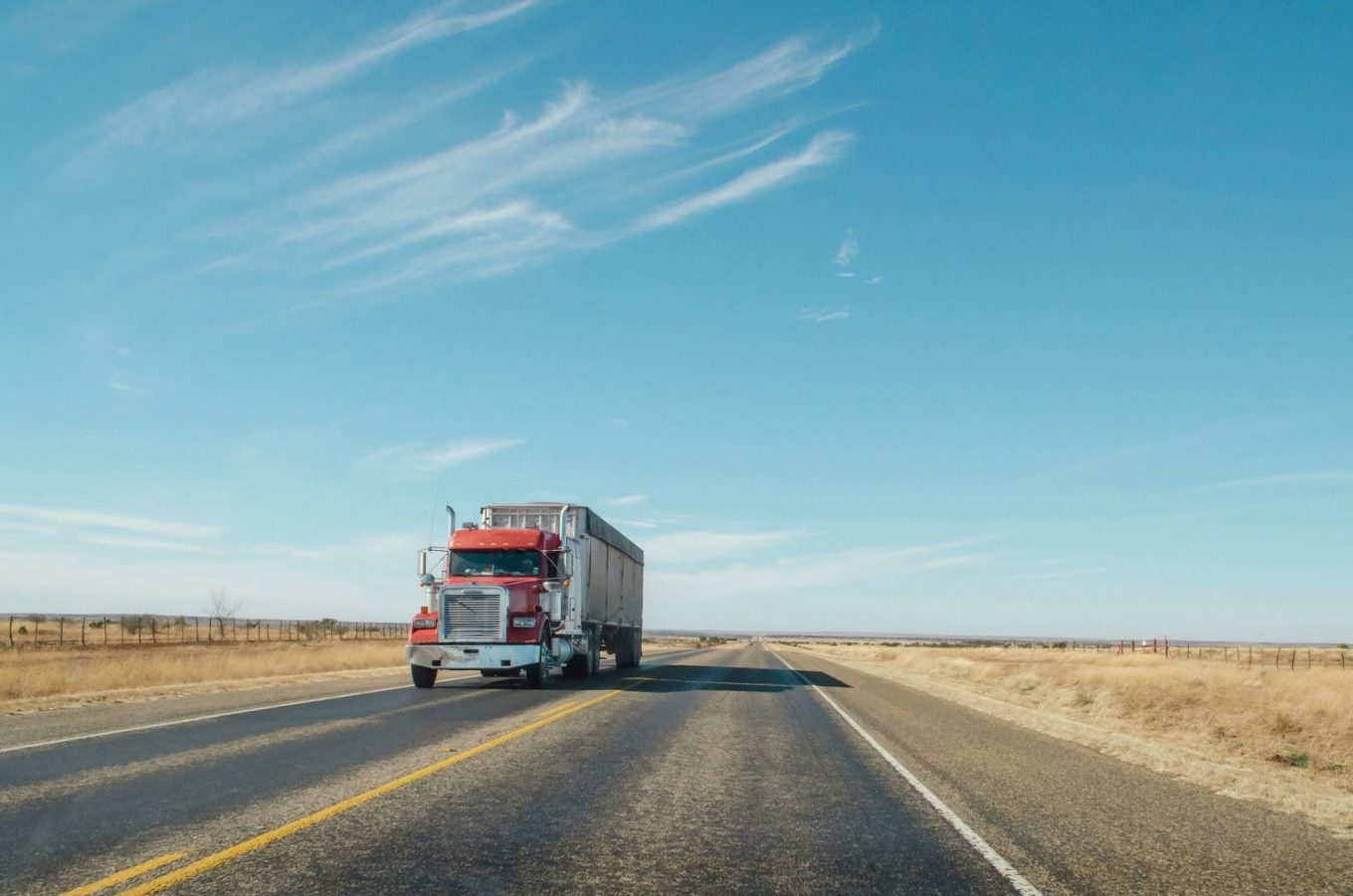
According to the National Highway Traffic Safety Administration (NHTSA), there were 4,317 people killed in 2016 in accidents involving large trucks, which the NHTSA defines as trucks with a gross vehicle weight greater than 10,000 pounds. Of the car accident fatalities involving large trucks that year, 72% of these fatalities were occupants of other vehicles, and in Georgia specifically, there were an estimated 183 fatal car crashes involving a large truck in 2016. Moreover, these accidents do not account for the total number of injuries sustained by drivers or passengers involved in commercial vehicle accidents each year.
Accidents involving commercial vehicles like semi trucks are often catastrophic due to the size and weight of the commercial vehicle, which is why commercial trucking companies have specific legal responsibilities they must meet under state or federal law. The specific type of business the commercial vehicle is conducting will determine which body of law applies in a your unique scenario. However, there are some laws regarding commercial vehicles that you should be aware of, because they can and often do have an impact on a personal injury case after being involved in a commercial vehicle accident.
Commercial Vehicle Laws in Georgia
One of the biggest differences between commercial vehicles and normal vehicles is centered around the type of insurance commercial trucking companies must carry on their vehicles. Commercial vehicle owners must carry commercial vehicle insurance that meets the Georgia state minimum insurance requirements when the commercial trucking company is engaging in intrastate commerce, which simply means that the commercial truck is delivering freight exclusively within the state of Georgia. This also applies when obtaining any driver van insurance.
According to the commercial truck accident attorneys at law practices in Atlanta, GA, commercial trucking companies engaging in intrastate commerce are required to carry insurance with the following policy limits under Georgia law:
- $100,000 per person in bodily injury liability insurance coverage
- $300,000 per accident in bodily injury liability insurance coverage
- $50,000 per accident in property damage liability insurance coverage
Federal Commercial Vehicle Insurance Laws
In contrast, commercial trucking companies that are engaging in interstate commerce, transporting freight across state lines or outside of the U.S., are required to carry commercial liability insurance with policy limits that range from $300,000 to $5,000,000 depending on the type of freight being transported. Liability insurance is different than the insurance required under state law, because the insurance carrier’s liability is not limited to a maximum payment for a specific class of damages such as $50,000 in property damages.
Under a public liability insurance policy, you would bring a claim for the combined value of both the property and bodily injury damages incurred as a result of the accident, and assuming you prevail, the insurance carrier would have to compensate you for the total value of all of the damages you incurred as a result of the accident up to the limit of the liability insurance policy.
Can I Seek Damages from the Trucking Company?
As a general matter, a commercial trucking company can be held liable for the negligent actions of their drivers, because the state of Georgia recognizes the doctrine of “respondeat superior,” which states that an employer can be held liable for the negligent actions of their employees as long as the employee is within the course and scope of their employment when the negligent act is committed. However, there are many grey areas when this doctrine is applied, because while some commercial truck drivers are employed by a company to drive the company’s vehicle, others have entered into an owner/operator lease agreements or are employed as an independent contractor that owns the commercial vehicle entirely. For this reason and others, you should always consult with a commercial trucking accident attorney if you have been involved in an accident involving a commercial vehicle.
This is an article provided by our partners network. It might not necessarily reflect the views or opinions of our editorial team and management.
Contributed content

Founder Dinis Guarda
IntelligentHQ Your New Business Network.
IntelligentHQ is a Business network and an expert source for finance, capital markets and intelligence for thousands of global business professionals, startups, and companies.
We exist at the point of intersection between technology, social media, finance and innovation.
IntelligentHQ leverages innovation and scale of social digital technology, analytics, news, and distribution to create an unparalleled, full digital medium and social business networks spectrum.
IntelligentHQ is working hard, to become a trusted, and indispensable source of business news and analytics, within financial services and its associated supply chains and ecosystems










